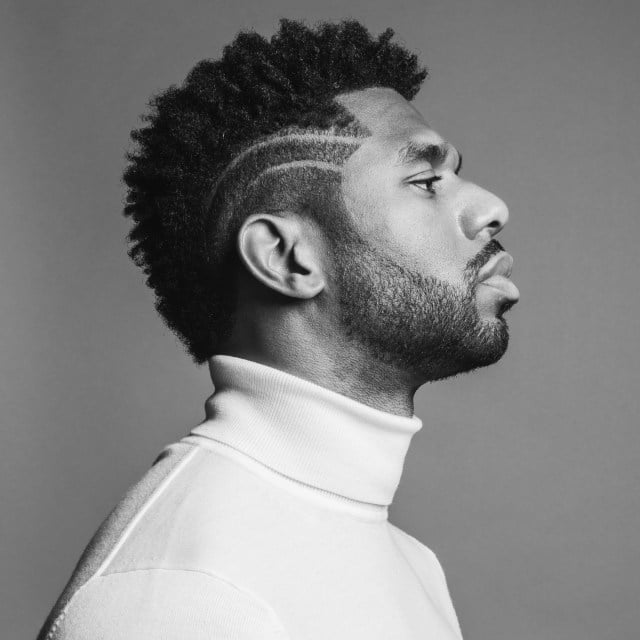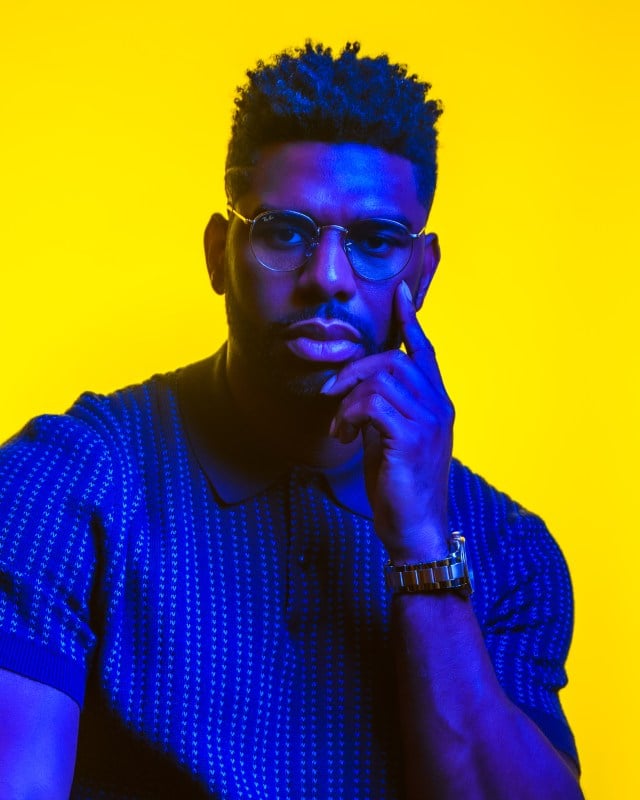“Video Games Saved My Life” | An Interview with Love is Blind Alum and Industry Veteran Brett Brown
Prima Games and Brett Brown discuss his passion for video games, game development, navigating layoffs, and confronting the enduring stigma associated with gaming.

Love is Blind continues to retain viewers with its captivating concept, unforgettable cast members, and the rollercoaster ride of the participants’ relationships. Brett Brown, from Love is Blind season four, who recently commemorated two years of marriage with his wife, Tiffany Brown, has left his mark as a fan favorite. Yet, beyond his television persona, exists extensive experience in the video game industry. With a background spanning from working at well-known studios to start-ups, Brett has weathered the highs and lows of an industry renowned for layoffs. Today, this Love is Blind alumni graciously shares insights into his journey within the industry, offering a glimpse into the world behind the screen.
As a child, your affinity for video games was apparent, shaping a profound love for the medium. Would you consider this passion a cornerstone of your current trajectory? If so, which specific video games do you believe left a lasting impression on your formative years?
Brett Brown: “Yes, absolutely! My love for video games as a kid had a profound effect on my life and trajectory. Outside of the enjoyment I got out of playing them, I was always very interested in how they were made because unlike a lot of movies, they were never any ‘making of’ features that dived deep into what went on behind the scenes. It was an unknown world that I was always very curious about.
There are too many games to name that stand out to me that left a lasting impression such as Super Metroid & The Legend of Zelda: Ocarina of Time, but one game specifically that changed everything for me was Metal Gear Solid. I hadn’t seen that type of storytelling and realism in games before. It felt like I was playing a movie. I loved everything about the game, and it really made me view what was possible in video games totally differently.”
Your initial foray into the video game industry was as a 3D animator at EA Sports. What attracted you to this role, and what were the aspects you found most fulfilling and challenging during your time at the studio?
“Yep, my first role was a 3D modeler at EA games. I had always been a fan of EA and working for a company like that was a dream job coming out of school. Ironically, they were the only company to interview me and offer me a job! Working there was great but in the beginning, it was a bit of culture shock. I was 21 when I started, and I had never been in a production environment like that before. Not to mention that I was the only person of color in the studio. It was a very unfamiliar space to be in but thankfully I worked with some great people that really showed me the ropes. Outside of adapting to working in a production space, delivering high quality at fast pace really challenged not only my skill but also my time management. It was a great experience for my first job in the industry.”

Following a seven-year stint at EA Sports, you experienced the abrupt closure of the studio you worked at, a recurring issue in the industry. What guidance would you offer to fellow professionals who have faced or may encounter similar challenges in their careers?
“When I was laid off, it was a total punch in the gut. It literally came out of nowhere. Thinking back, the time that I was out of work afterwards was probably the lowest I’ve felt professionally. However, that time really shaped my perspective and made me not place so much of my identity on the place that I work. I also understood that what happened was totally outside of my control and wasn’t a reflection of how good I was at my job. Once I was at peace with that, I focused on the things that I could control which were mental and physical health. That would be the main piece of advice I’d offer up. Focus on the things that you can control and make sure you’re doing the things that make you happy.”
Transitioning to a video game startup in Miami, Florida, how did this experience compare to your previous engagements in a studio setting?
“I could literally write a book about that experience. It was terrible and not at all what I was expecting when I joined the company. The founders were over ambitious and had extremely high expectations of the team. It was like a 3-year crunch of working nights and weekends. When I worked at EA, I felt there was a level of respect and appreciation for the work we put in at the studio. That was not present at the startup in Miami. As bad as it was though, I learned some valuable lessons there that I’ve carried with me since I left.”
Having since transitioned away from the video game industry, was this a deliberate career shift or a result of circumstances? Would you entertain the possibility of returning to the industry? Furthermore, do you believe your time in gaming has contributed to your success in your current role?
“It was a combination of both. I started designing shoes for fun with what little free time I had away from work when I lived in Miami. I started sharing my work on Instagram and that resulted in me getting a job offer in the footwear industry at Cole Haan in New Hampshire. Changing careers wasn’t necessarily a goal of mine when I started designing shoes. I was really just doing it because I loved it and the challenge of trying something new was exciting. When I got that job offer, I was totally burned out from the games industry, and I really wanted to do something new. It was an unexpected shift, but it really happened at the perfect time for me.
My time in the game industry laid the foundation for my role today. So much of what I do now is rooted in what I did games, just in a very different space. I’m forever indebted to the games industry. Lupe Fiasco had a song back in the day called “Hip Hop Saved My Life” and for me, video games saved my life. That may sound corny but’s it’s true!
I still love games and I keep up with all the new releases, but I truly love what I do now. I don’t think I have the patience for the grind that making games requires anymore, haha.”

Your aim to challenge stereotypes associated with gamers reflects a broader societal shift, albeit with lingering resistance. How do you envision dismantling these negative perceptions, especially within online communities, and what strategies do you intend to employ?
“Great question. I think for me it is really just being visible and sharing my experiences. I don’t think many people in the general public know the people behind their favorite games. With that, there is also very little visibility of people of color that work in the industry and because of that, I don’t think many young people that come from where I come from think of jobs in games or tech as viable career paths. I think a big part of changing some stereotypes starts with representation.”
Lastly, your public journey, notably on “Love is Blind,” has showcased success across various facets of life. What guidance would you offer individuals seeking to achieve similar fulfillment and accomplishment in their endeavors?
“Follow your passion! That’s the one consistent thread in my life. I’ve always followed my passion and trusted my judgment. I’ve never gotten too caught up on the end goal and I’ve looked at everything as a moment in time and an opportunity for something bigger that perhaps I wasn’t aware of. So, my advice is to follow what makes you happy!”
Brett Brown remains a beacon of inspiration in the video game industry, drawing from his extensive expertise and diverse experience. His infectious positivity, coupled with a relentless drive to challenge stereotypes and promote inclusivity in the industry, sets him apart as a true leader.
